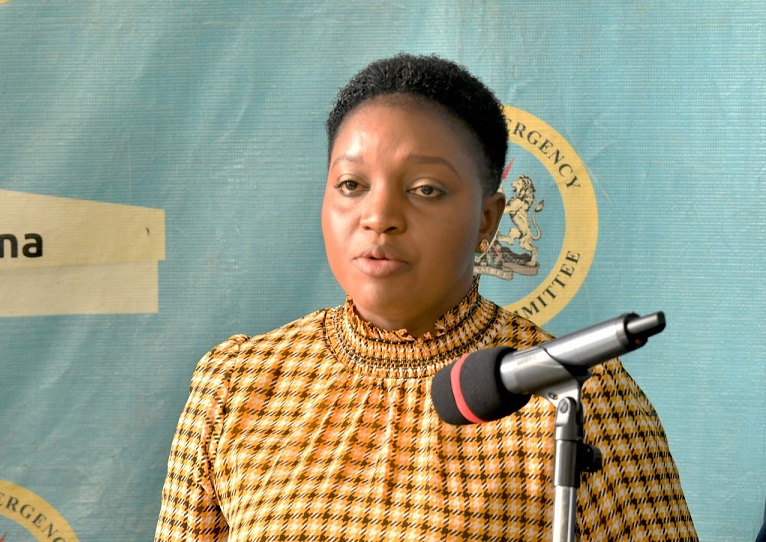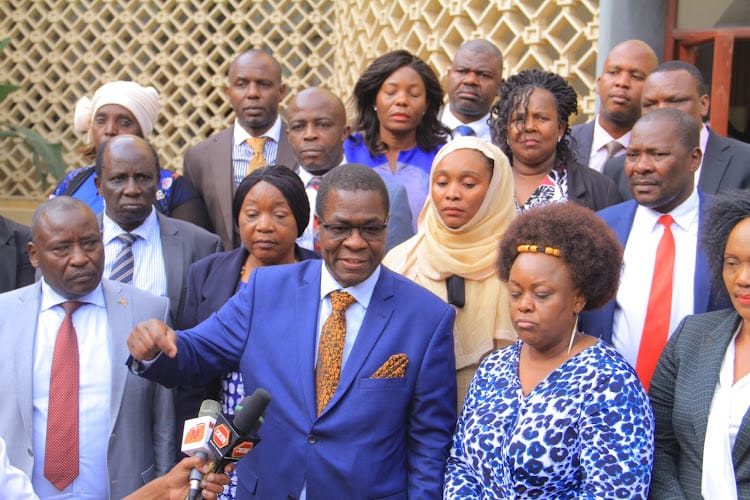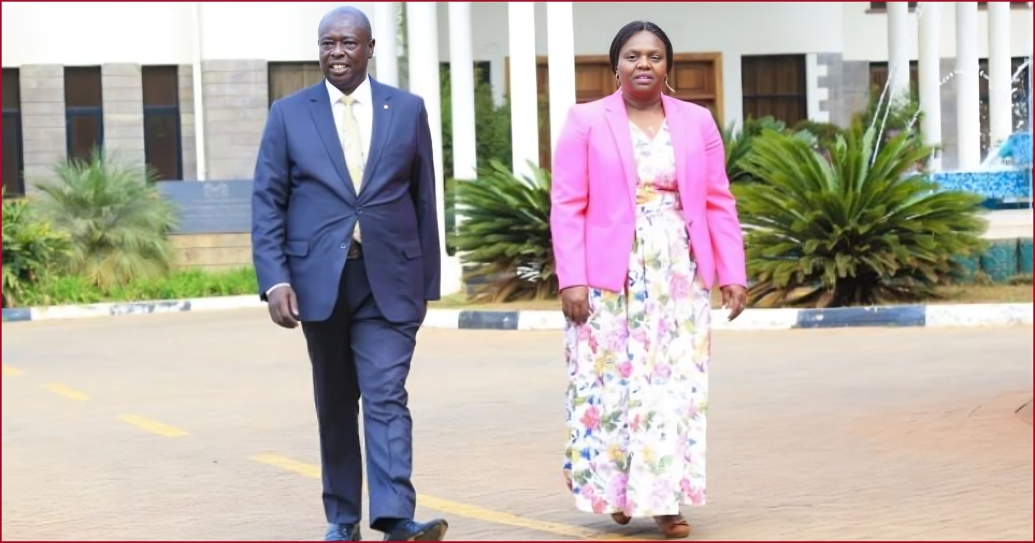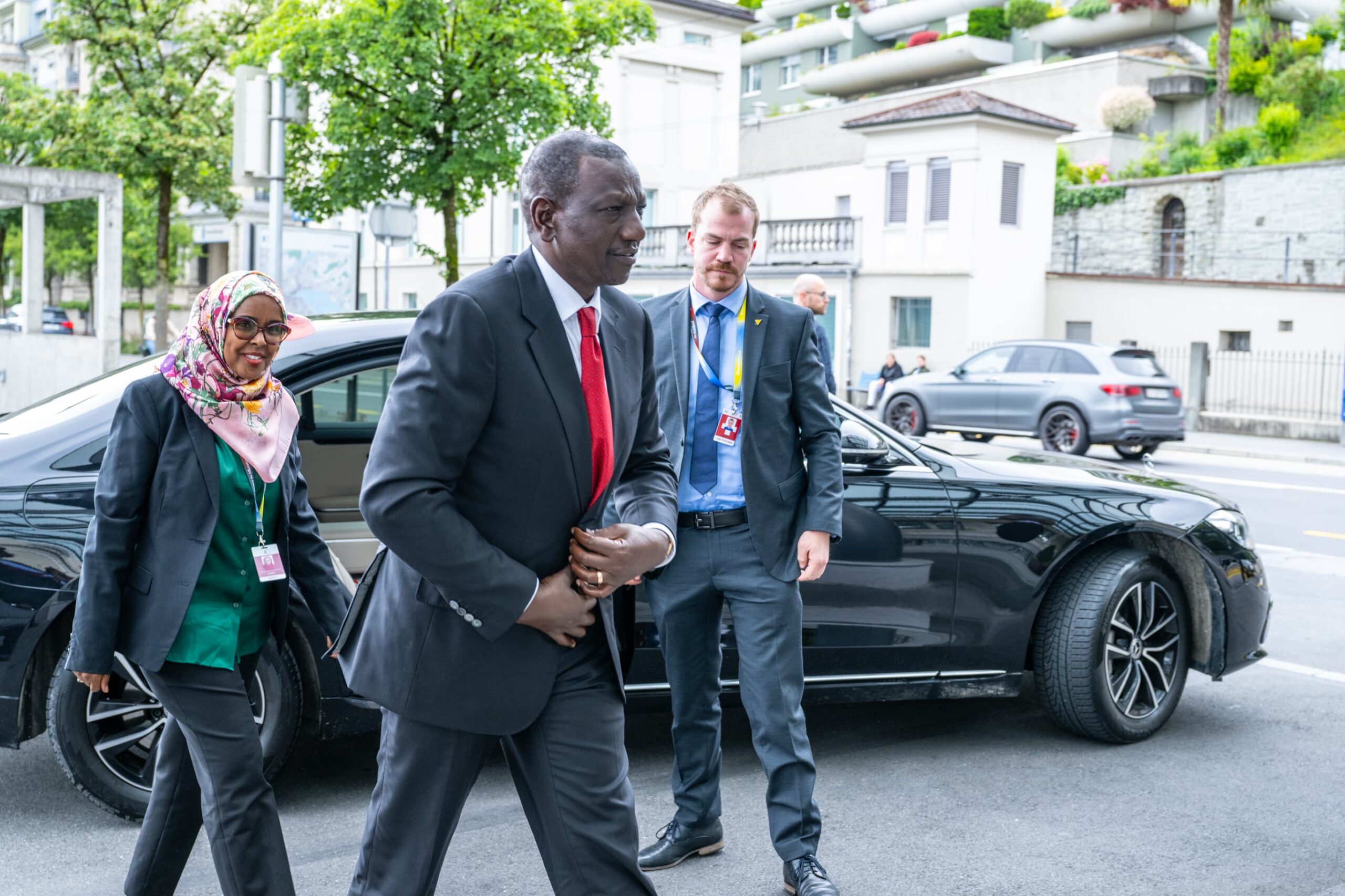The government through the State Department of Medical Services has acknowledged shortages of key vaccines across various health facilities in the country.
In a statement on Thursday, May 23, the state department's Principal Secretary, Harry Kimtai, stated that there was less than two months of stock available for some traditional vaccines.
Kimtai further intimated that the stock levels of most routine childhood vaccines were low with three-six months of stock currently available.
"Currently, there are stockouts of key vaccines with less than two months of available nationally for traditional vaccines such as the BCG Vaccine, Oral Polio Vaccine and Measles Rubella Vaccine. Additionally, stock levels for most of other childhood vaccines, including those supported by Gavi (Pneumococcal, Rotavirus, HPV and Malaria vaccines), are low, with only thee to six months of stock available," Kimtai remarked.
To address the matter, Kimtai said that the government was tracking vaccine consumption at all levels and facilitating redistribution between counties to alleviate the stock-out situation.
Read More

He disclosed that the National Vaccines and Immunization Program (NVIP) is redistributing current available stocks of vaccines across the country, adding that the government was partnering with UNICEF to expedite the delivery of vaccines ordered after the last payment.
"Additionally, Ksh1.25 billion has been set aside to urgently procure routine antigens and replenish the lifesaving vaccines in our health facilities. Despite logistical challenges from the current heavy rains, the Ministry and partners are fast-tracking the shipment of vaccines, expected to arrive by the first week of June," read part of the statement by PS Kimtai.
Kimtai added that the Ministry of Health was closely working with healthcare workers and keeping them informed on measures to alleviate the current situation.
He urged all caregivers to liaise closely with their healthcare providers and bring their children back to the facilities once the stock levels were normalized.




-1689060833.jpg)
-1694166220.jpg)
